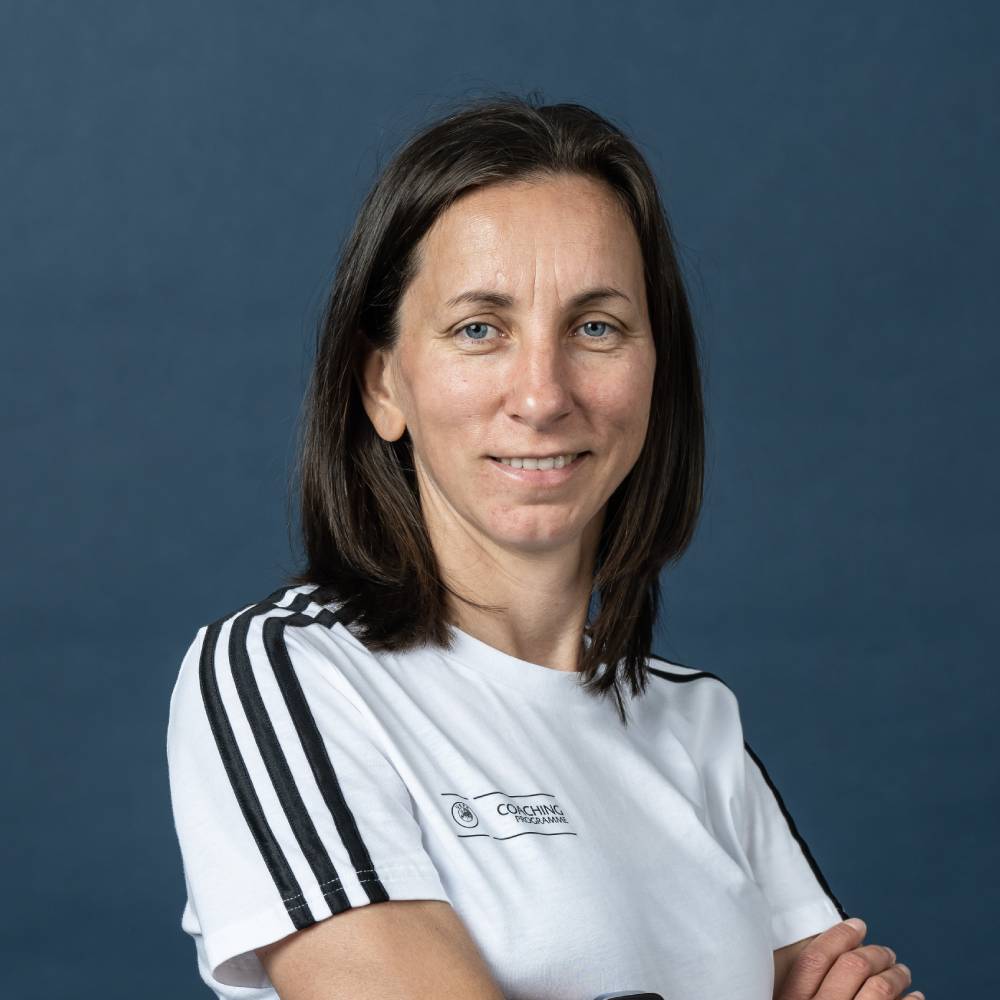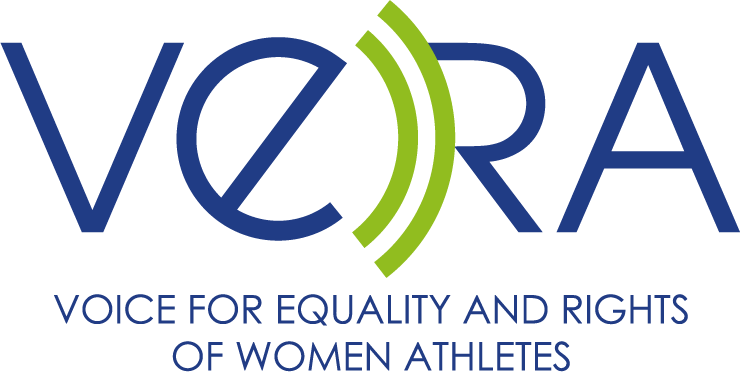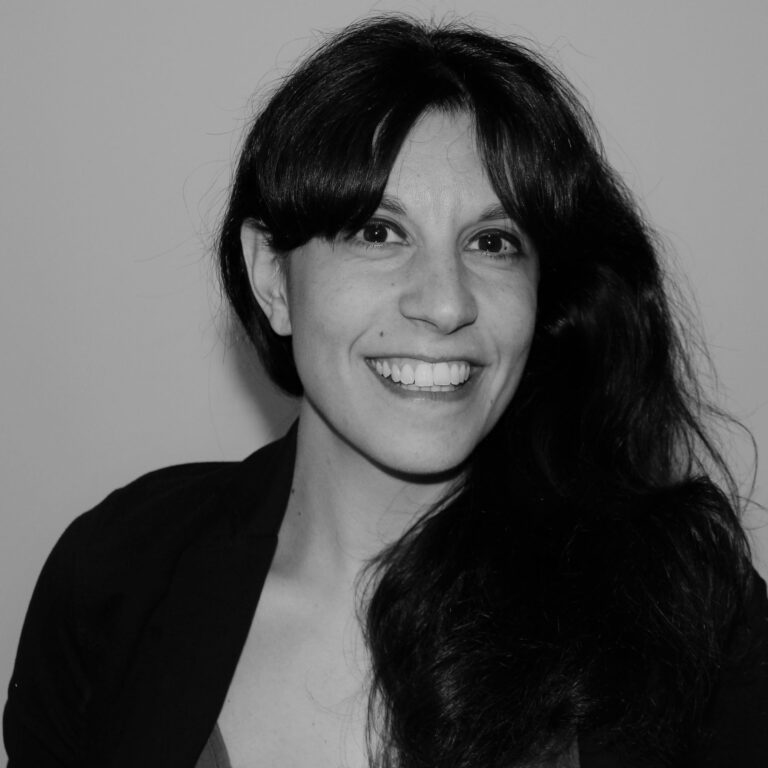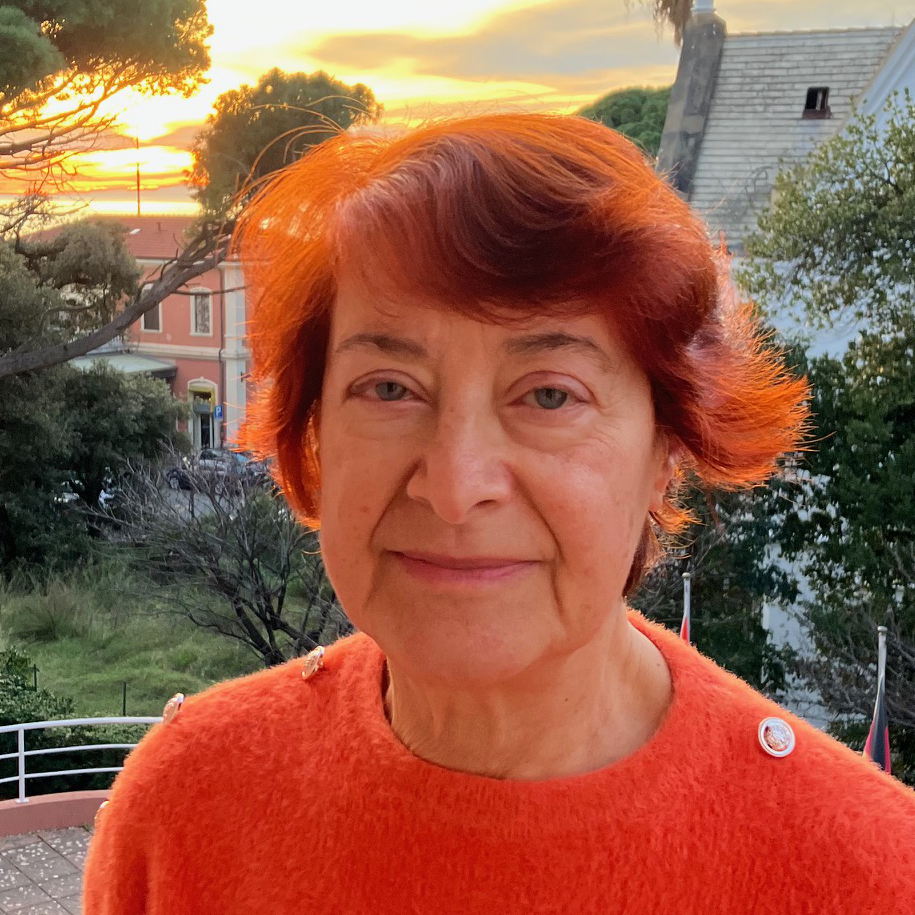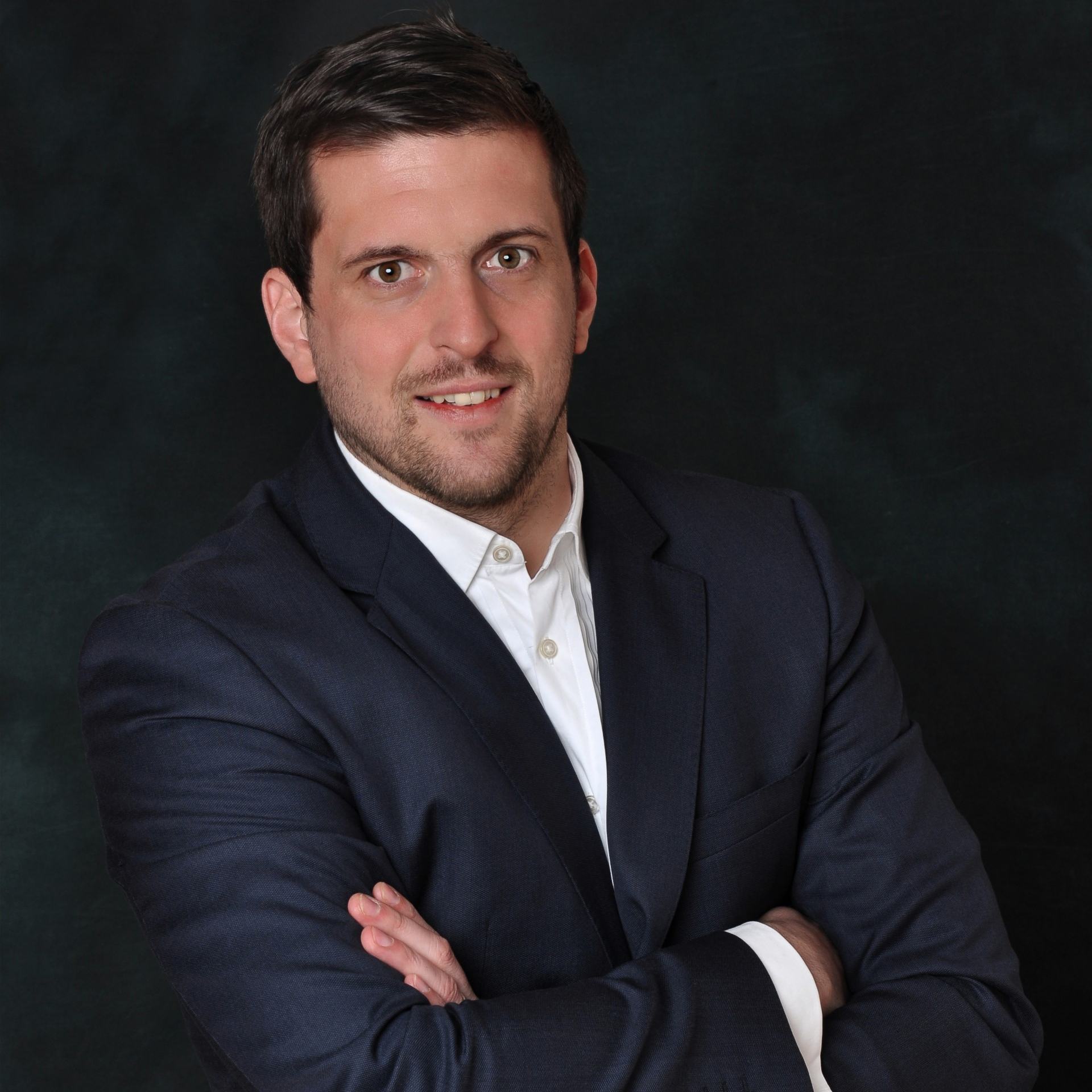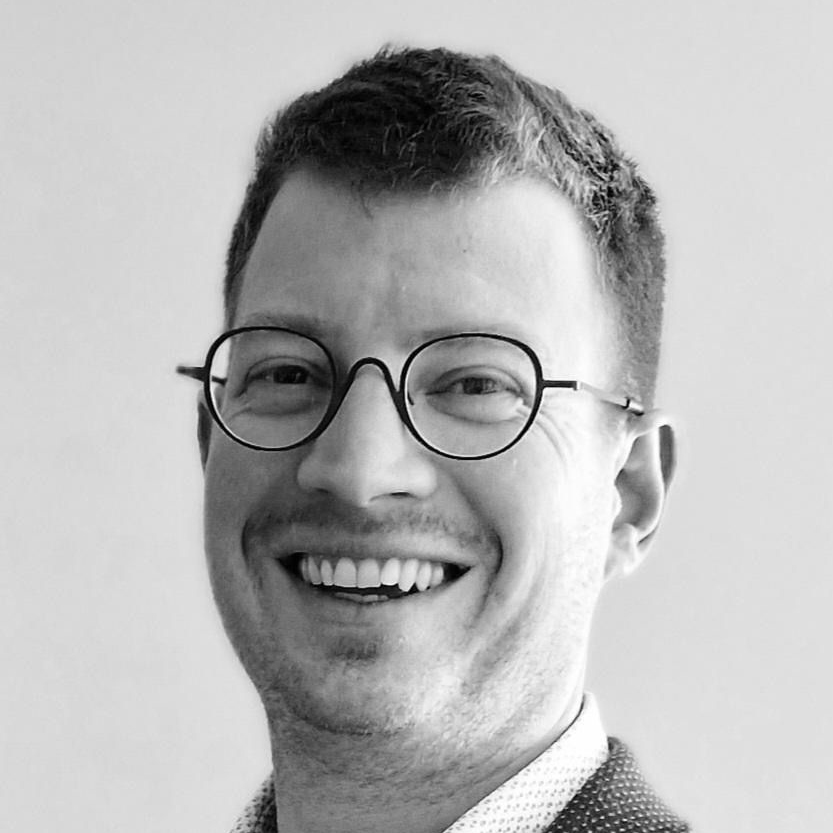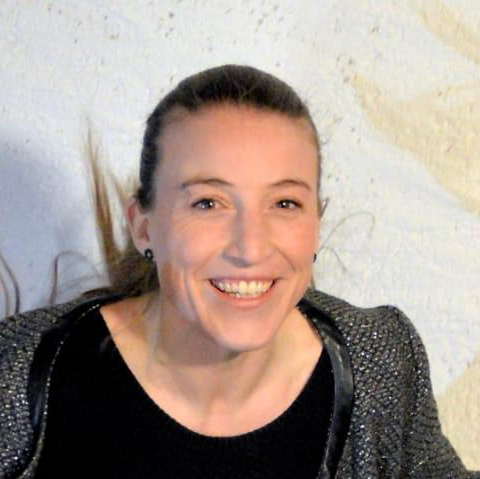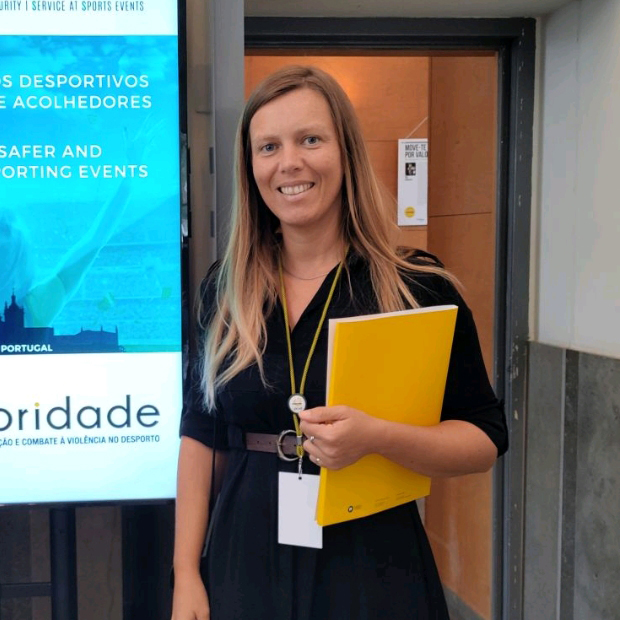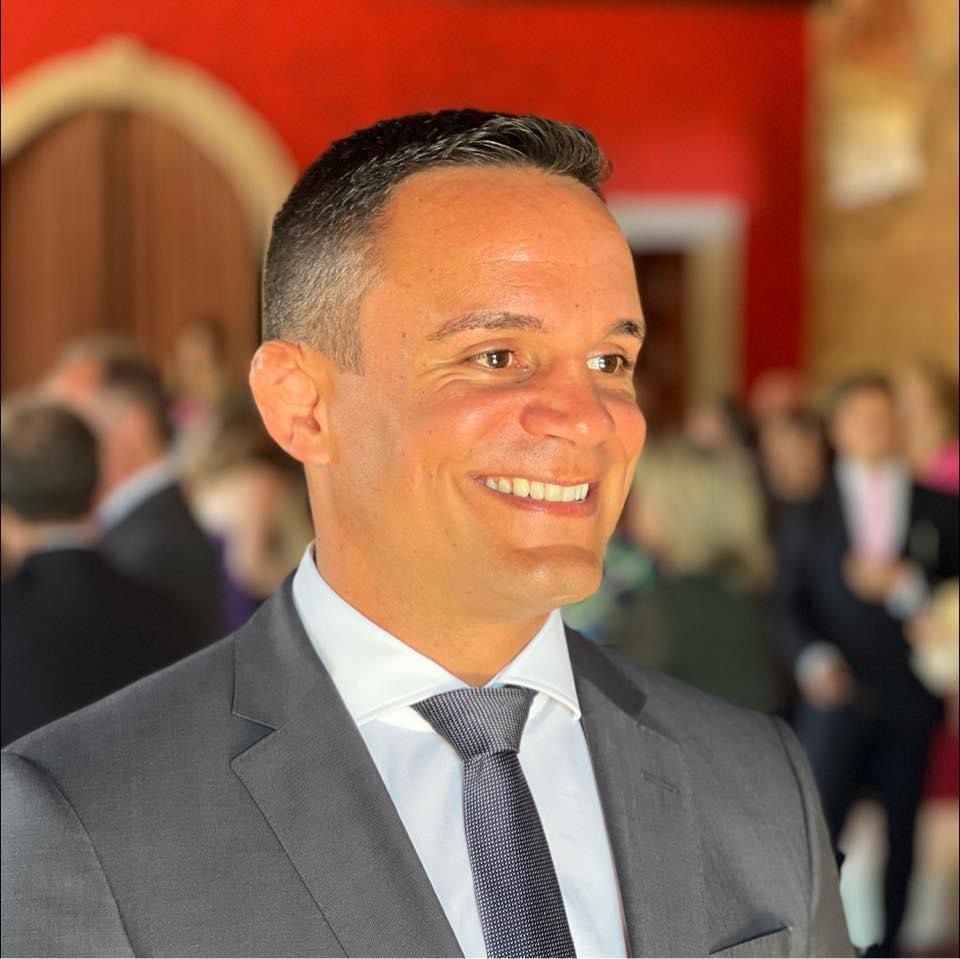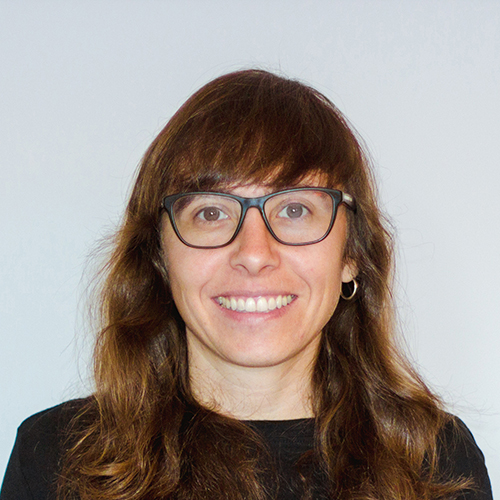Access to facilities
Access to infrastructure is an essential element for the successful practice of sports. It refers to the accessibility of the facilities needed for sports training.
The complexity of this part is that local authorities and the state own the vast majority of sports facilities. As a result, sports organizations have less flexibility in using and accessing sports facilities for female athletes.
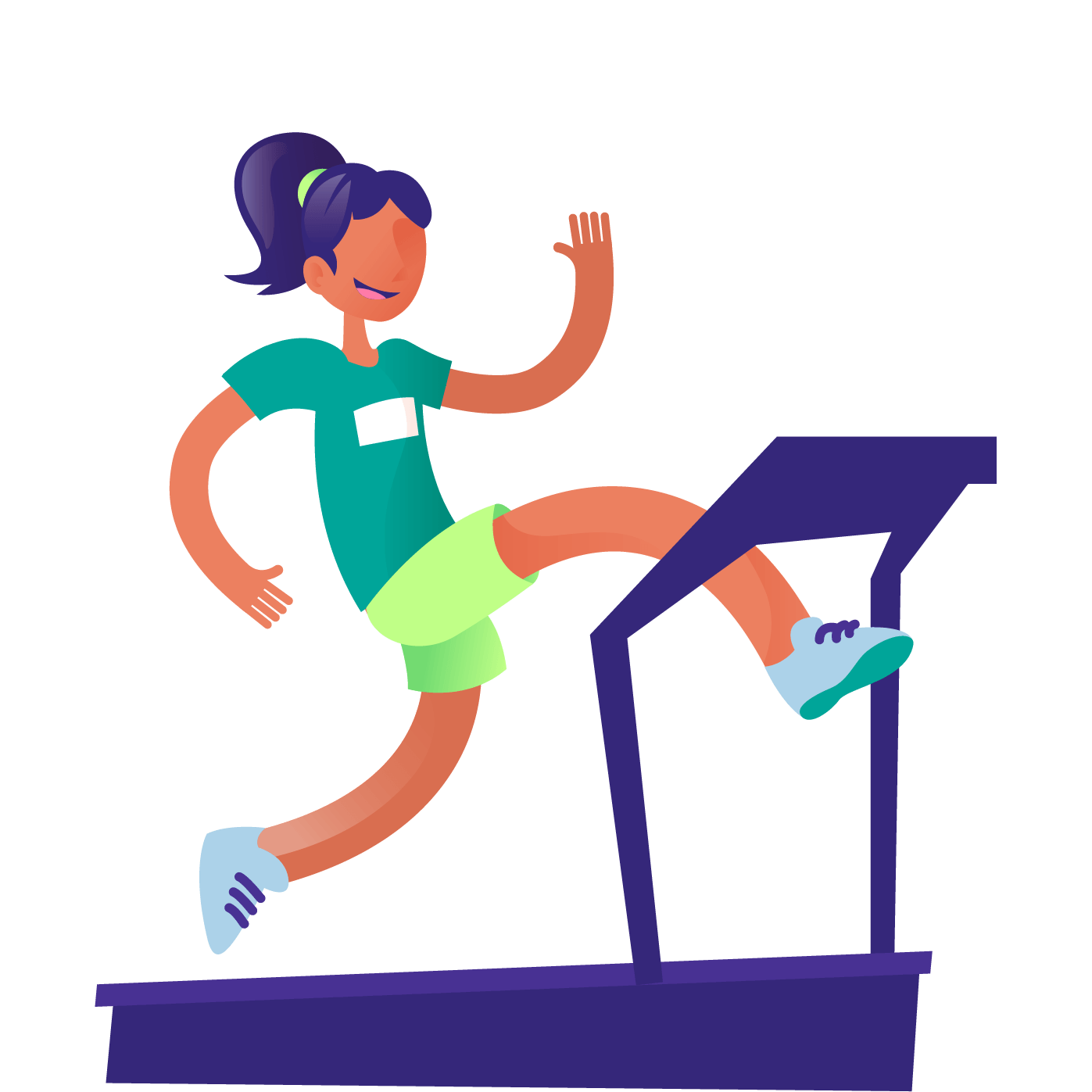
READ MORE
Despite the concern of clubs providing free and fair access to athletes, there are many limitations, mainly related to the public ownership of the facilities. The main ones concern precise timetables imposed by the town hall or facility management bodies, sharing with other organizations or schools.
Regarding sharing facilities, some sports organizations try to ensure equal opportunities between male and female athletes.
Another aspect that seems essential is the distance athletes travel between their training location and their home. The longer this distance, the less time they devote to their practice and personal and professional lives, the more fatigue they experience.
DIRECTIVE & RECOMMANDATIONS
SPORTS & FEDERATIONS
NATIONS & GOOD IMPLEMENTATIONS

The facilities of the High-Performance Centres, which are labeled by the Spanish SupremeCouncil of Sports and are used for elite athletes training all over Spain, are accessible to both men and women on an equal basis. However, access is not guaranteed to be unlimited.
CASE STUDIES
coming soon
Mentors
